By Glynn Wilson –
WASHINGTON. D.C. — The National Park Service got its first Senate confirmed director in five years Thursday when Secretary of the Interior Deb Haaland swore in Charles F. “Chuck” Sams III in front of the Lincoln Memorial.
The National Park Service languished under the presidency of Donald Trump, according to Roll Call, who never nominated a director due in part to his ill-conceived campaign promise to “drain the swamp,” relying instead on a series of acting chiefs.
“Never in the 104-year history of the NPS has the agency gone through an entire administration without a permanent director,” Paul Anderson, president of the Association of National Park Rangers, wrote last year to the Biden transition team. “A vacuum in leadership at best causes stagnation within an organization and at worst a decline in the ability to achieve the mission.”
Sams will be the first Tribal citizen to lead the agency. He was confirmed by the U.S. Senate on Thursday, Nov. 18, making him the first Senate-approved director since the Obama administration and the first Native American to hold the post.
Facing challenges including park overcrowding, a backlog of about $12 billion in maintenance and repairs, sexual harassment of employees and the impact of climate change on NPS sites, Sams will assume the helm of the agency at a critical time.
“The National Park Service cannot achieve its mission without a well-supported workforce,” Sams said in his confirmation hearing. “Staffing, housing and other issues are impacting morale and deserve active attention.”
Visitors flocked to NPS parks and campgrounds during the COVID-19 pandemic when more people discovered that getting outdoors, hiking and camping were safe and healthy things to do as a means of getting out of the house, social distancing and staying away from unvaccinated people.
The agency manages what documentary film maker Ken Burns called “America’s best idea,” now 423 sites around the country, from large parks like Yellowstone and Yosemite to historic locations in the nation’s capital such as the Lincoln Memorial and President’s Park by the White House, as well as the Statue of Liberty Park on Ellis Island in New York. The parks have suffered from overcrowding for the past two years, especially in the summer time in the large, famous parks out west like Grand Teton in Wyoming.
Sams said at his confirmation hearing he would look to fix park elements in the worst shape.
“Those areas that are in most critical need are seeing that funding very early on, because we have to stop that deterioration, and I want to make sure that those investments are very clear and open to the public,” Sams said.
Time he spent in the 1990s as a volunteer at Grant’s Tomb in New York got him thinking about the role of the agency, he said.
“That’s really what inspired me to think of, you know, how does the National Park Service work?” he said. “What does it protect and preserve? And how do we get people in there? My own experience is when you walk in the footsteps of your fellow Americans in these places, these hallowed halls, these hallowed lands, you get that invigoration.”
In his capacity overseeing the NPS, Sams will help implement the Great American Outdoors Act and the Bipartisan Infrastructure Law, which both contain increased funding for the national parks, sites and campgrounds.
“Everyone should have access to the outdoors no matter where they live, how much money they have, or what their background is. Chuck Sams understands the importance of connecting people to nature, and I am thrilled to work with him as the Interior Department works to make our national park system accessible to all Americans,” Secretary Haaland said in the press release announcing his swearing in. “Under his leadership, the National Park Service will continue to protect our public lands for generations to come and make critical investments in the vast infrastructure that sustains our public lands and national parks.”
In addition to historic funding for climate resiliency initiatives and legacy pollution clean-ups, the infrastructure law provides for a five-year reauthorization of the Federal Lands Transportation Program, which will help invest in repairing and upgrading NPS roads, bridges, trails and transit systems. The law also invests in projects that will help fund bridge replacements and resiliency, repair ferry boats and terminal facilities, and maintain wildlife crossings that keep people and surrounding wildlife safe.
“I am honored to serve as Director of the National Park Service and thank President Biden and Secretary Haaland for entrusting in me the care of one of America’s greatest gifts: our National Park System,” Sams said. “I am also incredibly proud to work with the dedicated employees of the National Park Service. I have no doubt that together, we’ll be able to expand access to the outdoors, protect America’s public lands, and upgrade our nation’s infrastructure system through the Bipartisan Infrastructure Law.”
Sams has worked in state and Tribal governments and the non-profit natural resource and conservation management fields for more than 25 years. He most recently served as a Council Member to the Northwest Power and Conservation Council, appointed by Oregon Governor Kate Brown.
He has held a variety of roles with the Confederated Tribes of the Umatilla Indian Reservation, most recently as their Executive Director.
He has also had roles as the President/Chief Executive Officer of the Indian Country Conservancy, Executive Director for the Umatilla Tribal Community Foundation, National Director of the Tribal & Native Lands Program for the Trust for Public Land, Executive Director for the Columbia Slough Watershed Council, Executive Director for the Community Energy Project, and President/Chief Executive Officer for the Earth Conservation Corps.
Sams holds a Bachelor of Science degree in business administration from Concordia University-Portland and a Master of Legal Studies in Indigenous peoples law from the University of Oklahoma.
He is a veteran of the U.S. Navy and an enrolled member, Cayuse and Walla Walla, of the Confederated Tribes of the Umatilla Indian Reservation, where he lives with his wife and four children.
More than 20,000 National Park Service employees care for America’s 423 national parks, sites and campgrounds and work with communities across the nation to help preserve local history and create close-to-home recreational opportunities.
NAJ Photos in National Parks and Campgrounds
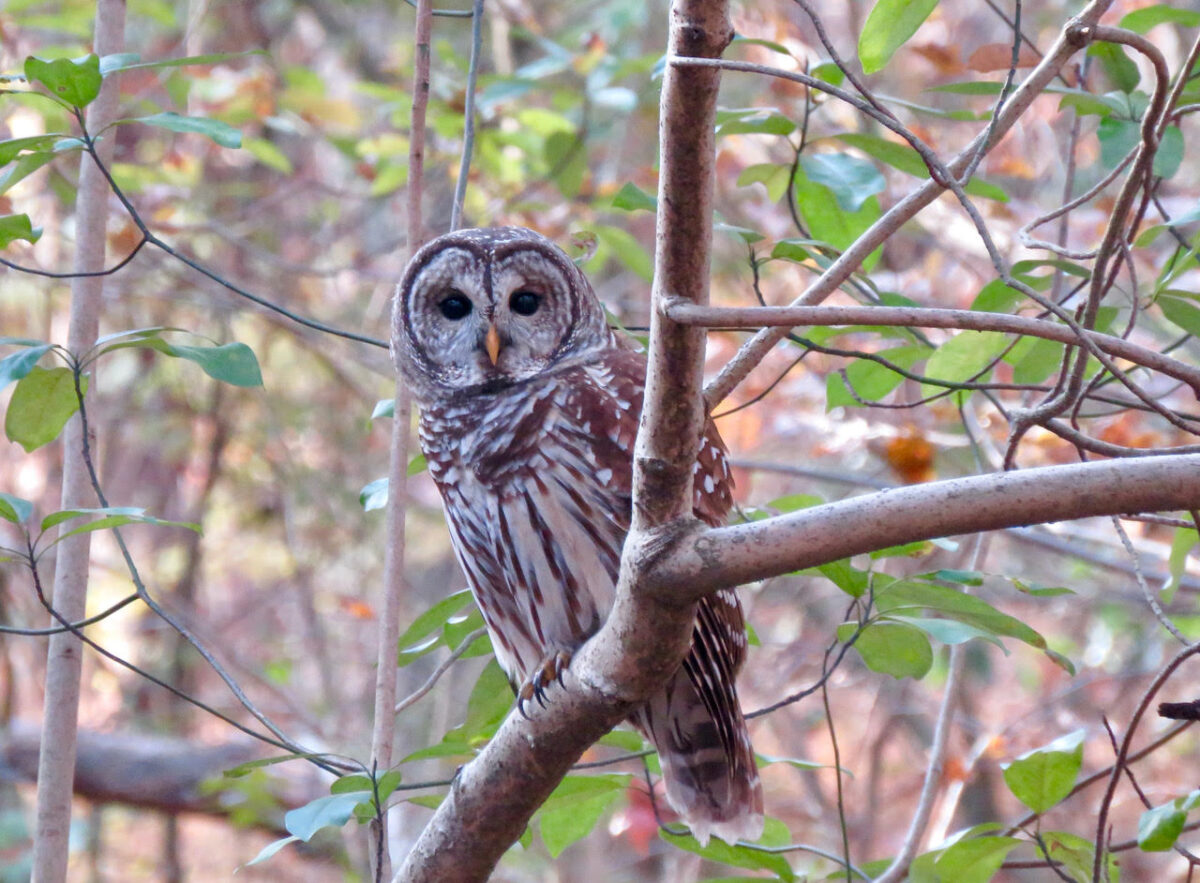
A barred owl [Strix varia] out in a rare morning in Greenbelt Park, Maryland: Glynn Wilson
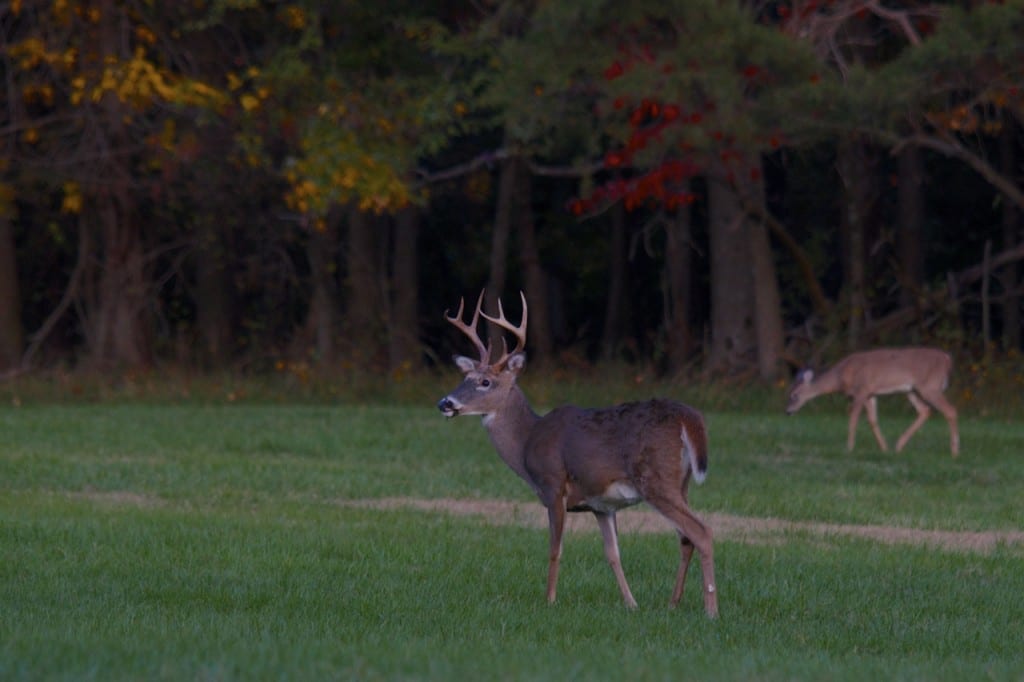
A large white-tailed deer buck in the Greenbelt National Park Sweetgum field in Autumn: Glynn Wilson
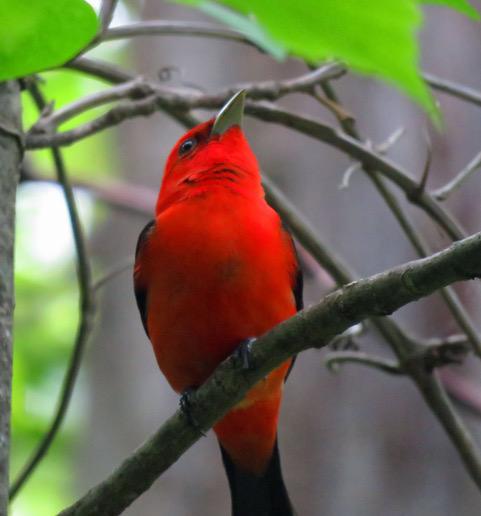
A rare, scarlet tanager flew across the trail in front of me in Shenandoah National Park, and landed just long enough to get this one shot: Glynn Wilson
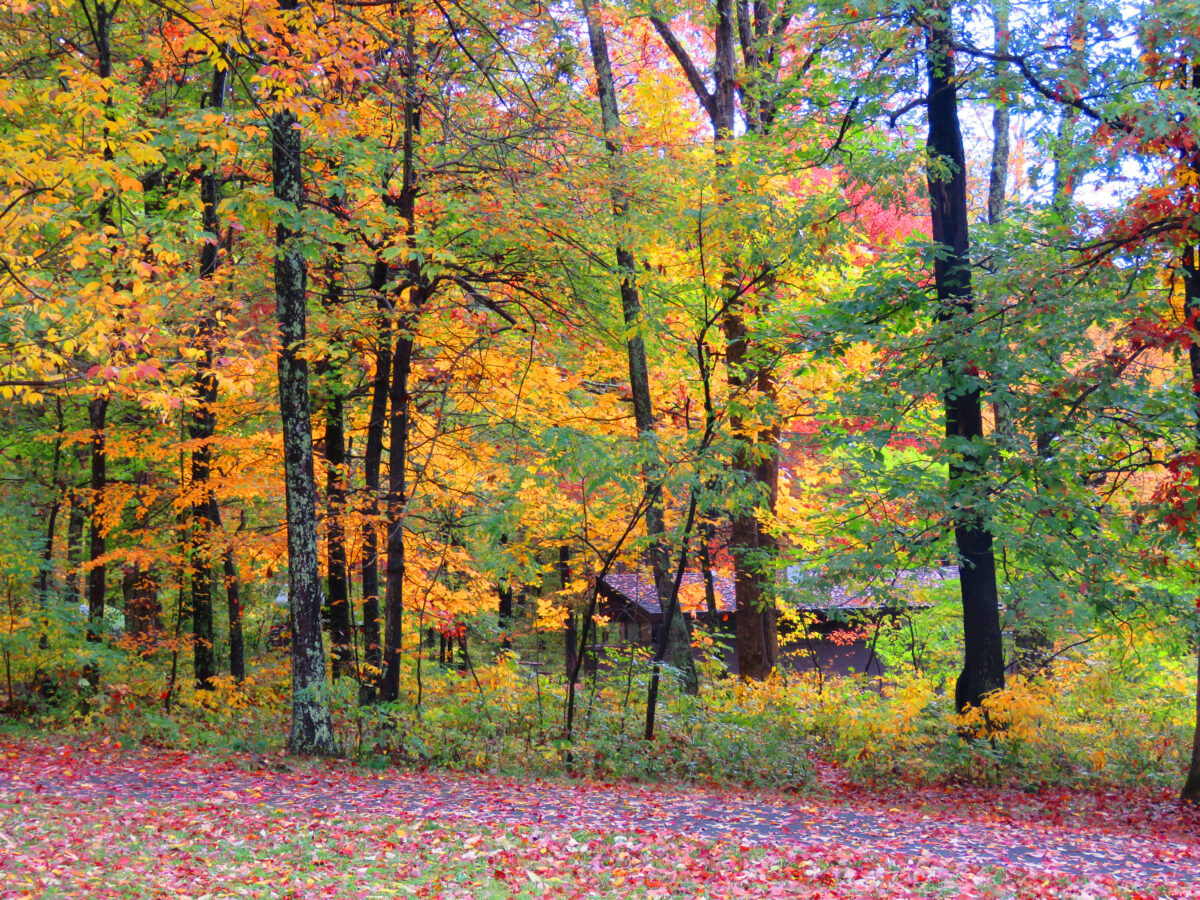
A cabin surrounded by peak fall color in Shenandoah National Park in the group area of Mathews Arm Campground, Autumn 2020: Glynn Wilson

An eastern cottontail [Sylvilagus floridanus ] is a New World rabbit, a member of the family Leporidae. It is the most common rabbit species in North America. The population in Shenandoah National Park has never been hunted, so they are not too afraid of people, but please don’t feed the wildlife. They are wild animals and can bite and carry disease: Glynn Wilson
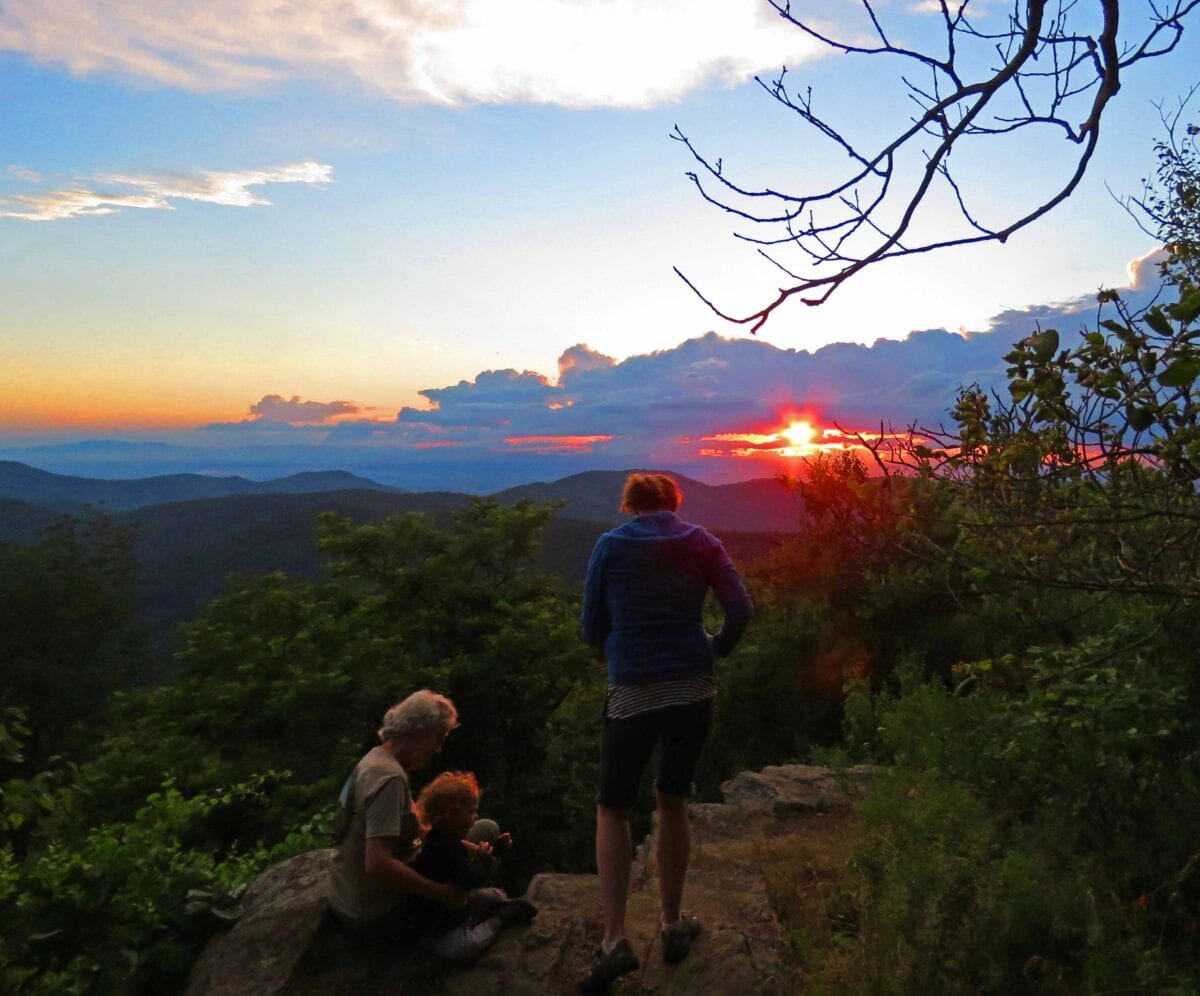
Visitors to Shenandoah National Park enjoy a summer sunset view along the Appalachian Trail by Loft Mountain Campground, Sunday, July 12, 2020: Glynn Wilson
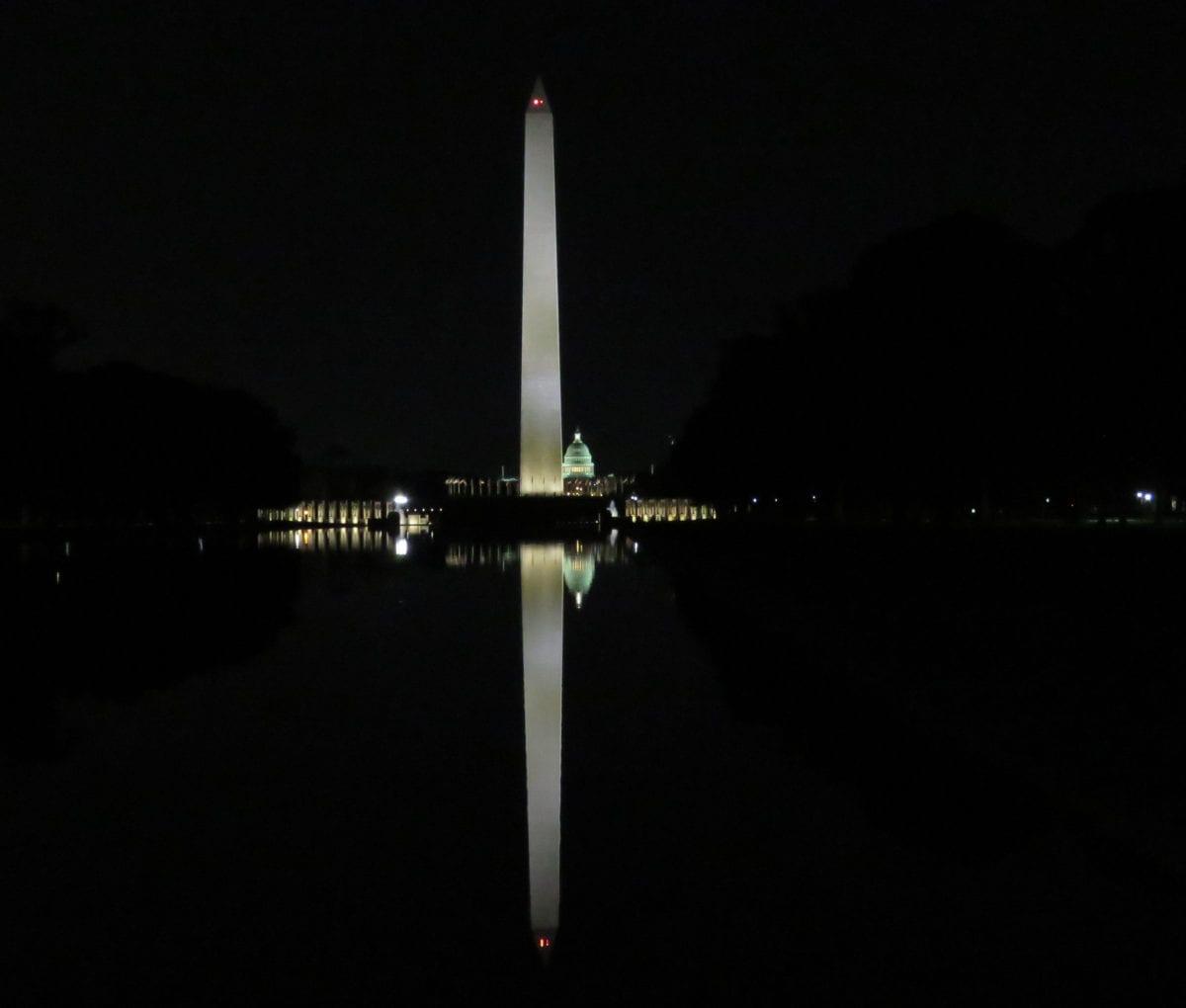
A night shot of the Washington Monument and the Reflecting Pool on the National Mall in Washington, D.C.: Glynn Wilson
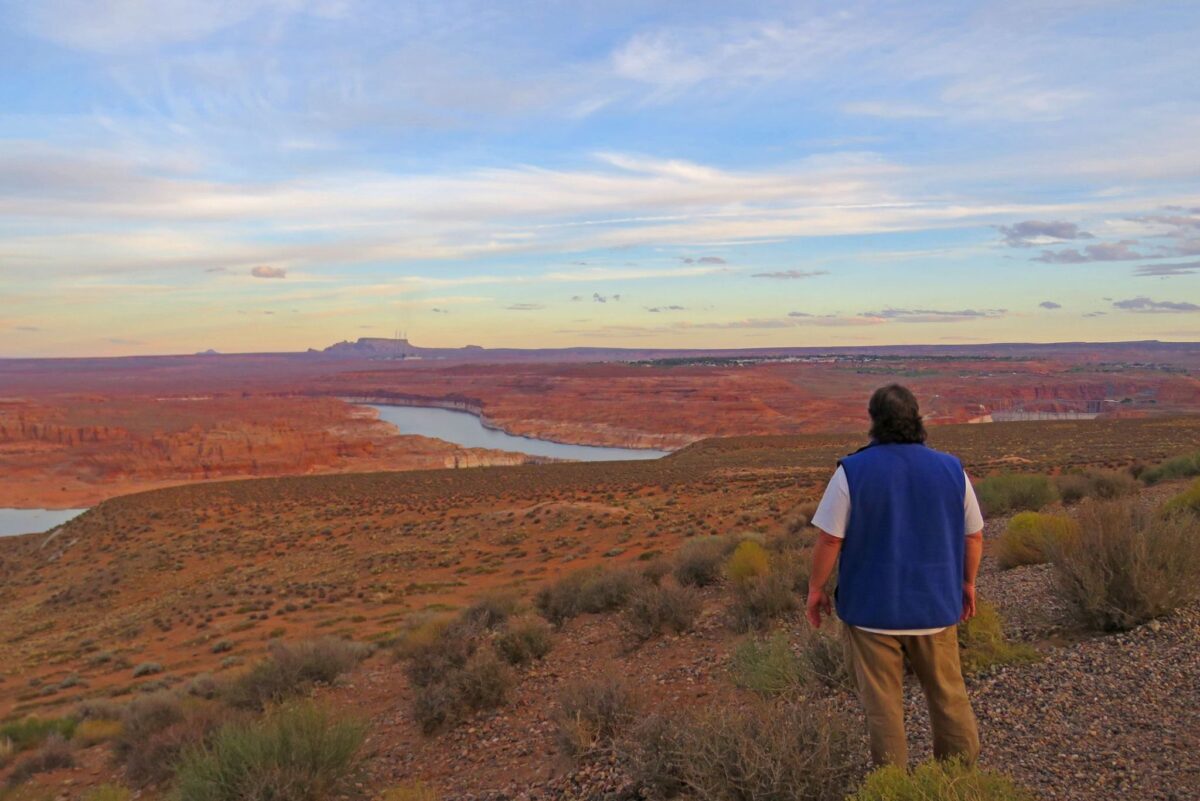
That’s me looking out over the Colorado River at Grand Canyon National Park by Glenn Canyon Dam: Walter Simon
___
Glynn Wilson, editor and publisher of the New American Journal, is a journalist with more than 40 years of experience as a reporter, writer, photographer and videographer, who has also put in time as a volunteer in several National Park Service parks and campgrounds, including Shenandoah National Park in Virginia and Greenbelt Park in Maryland.


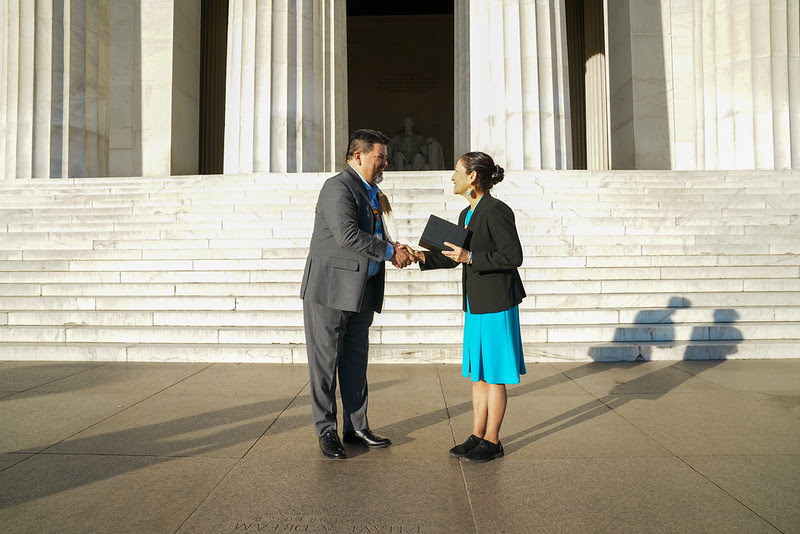
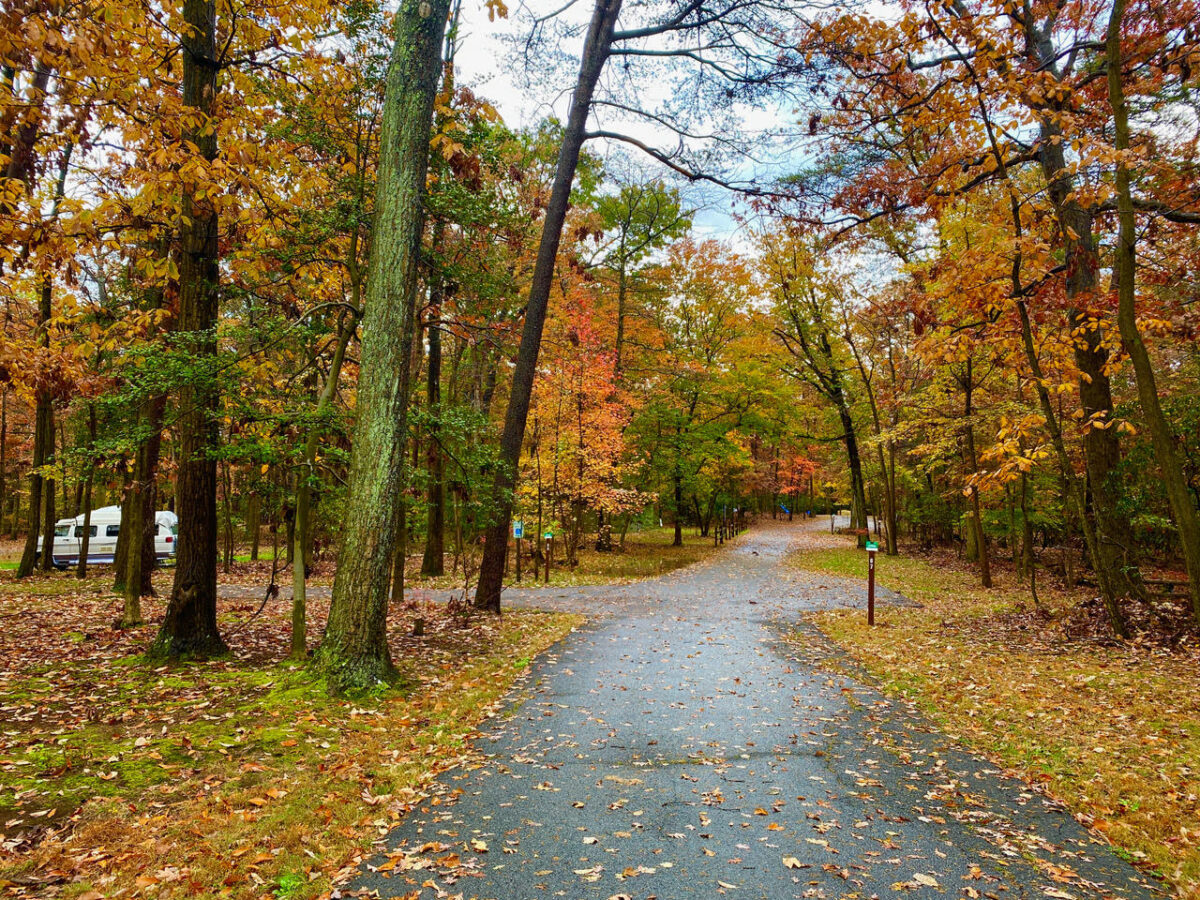
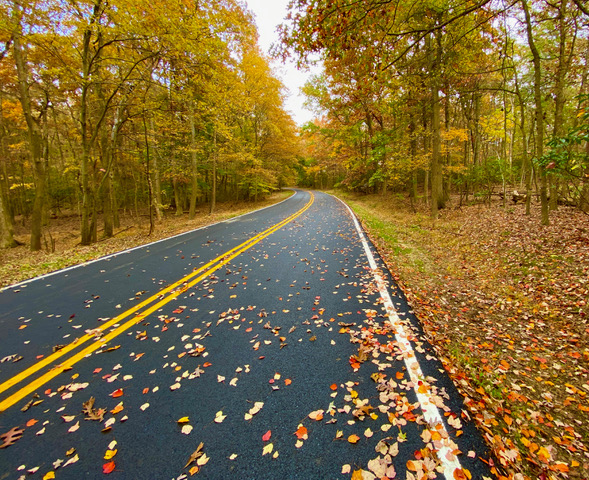
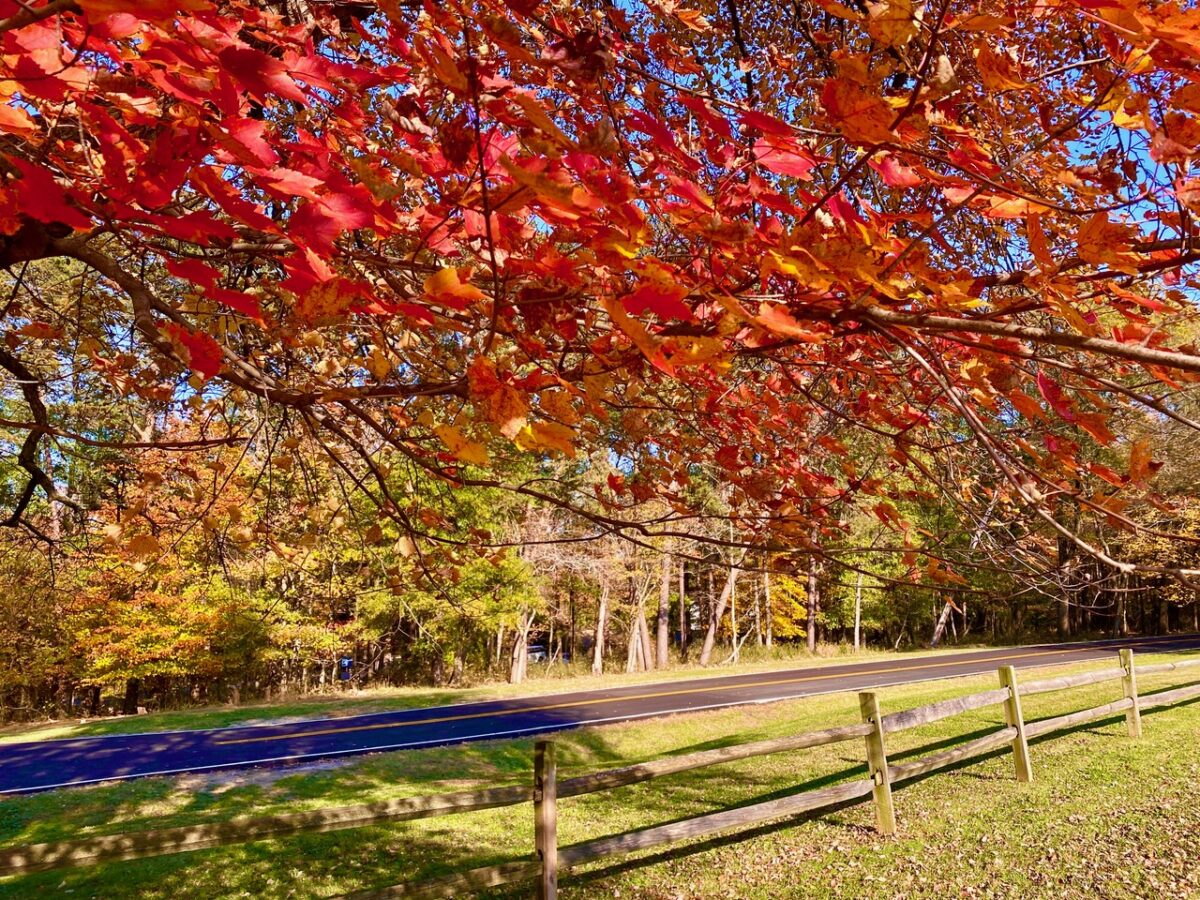
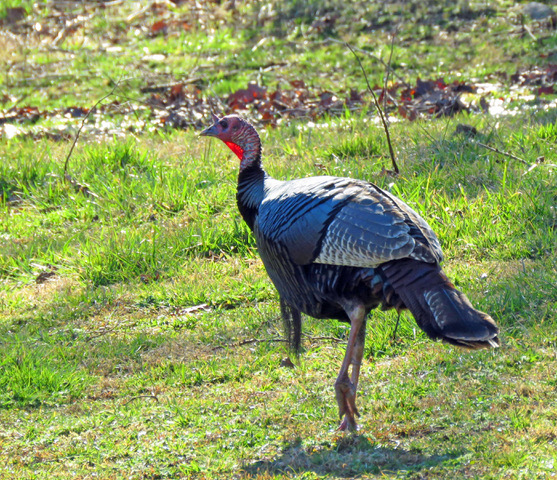
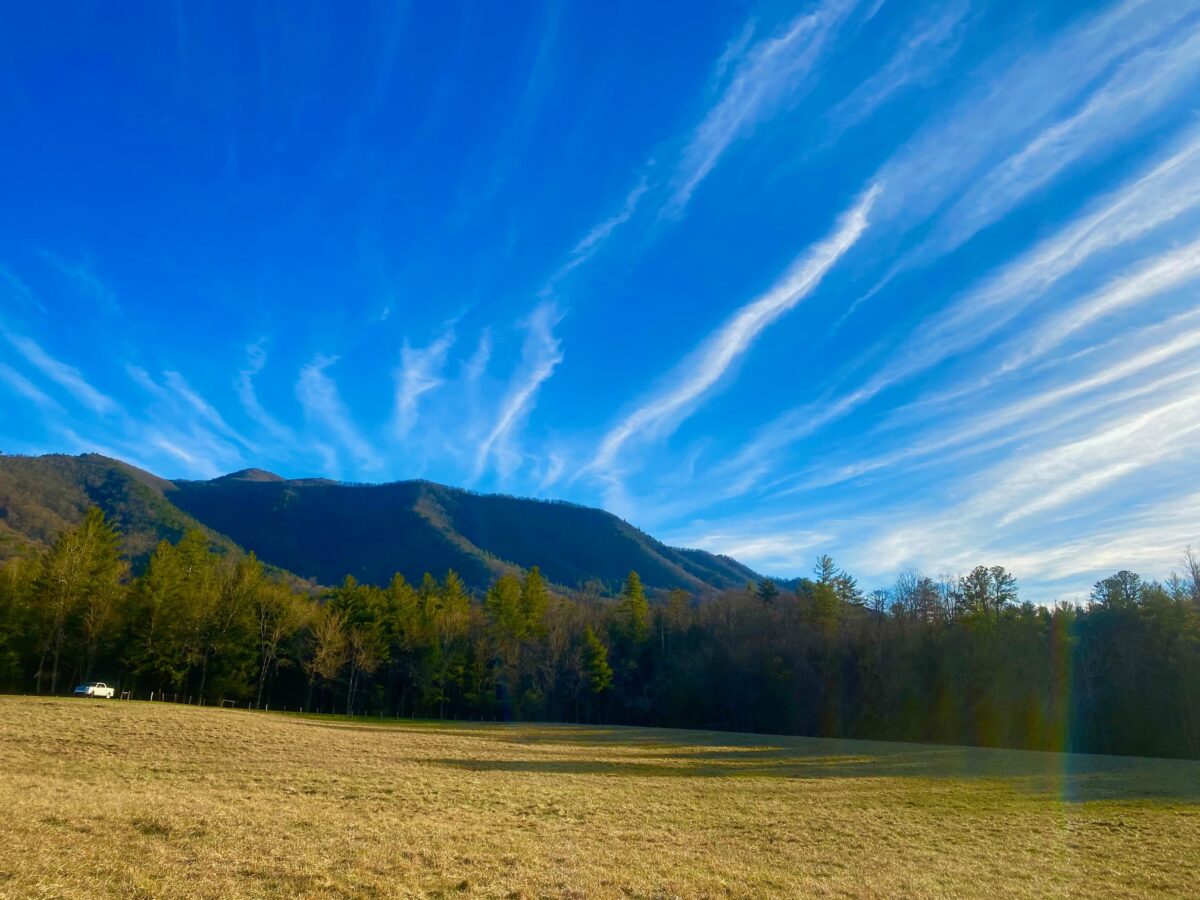
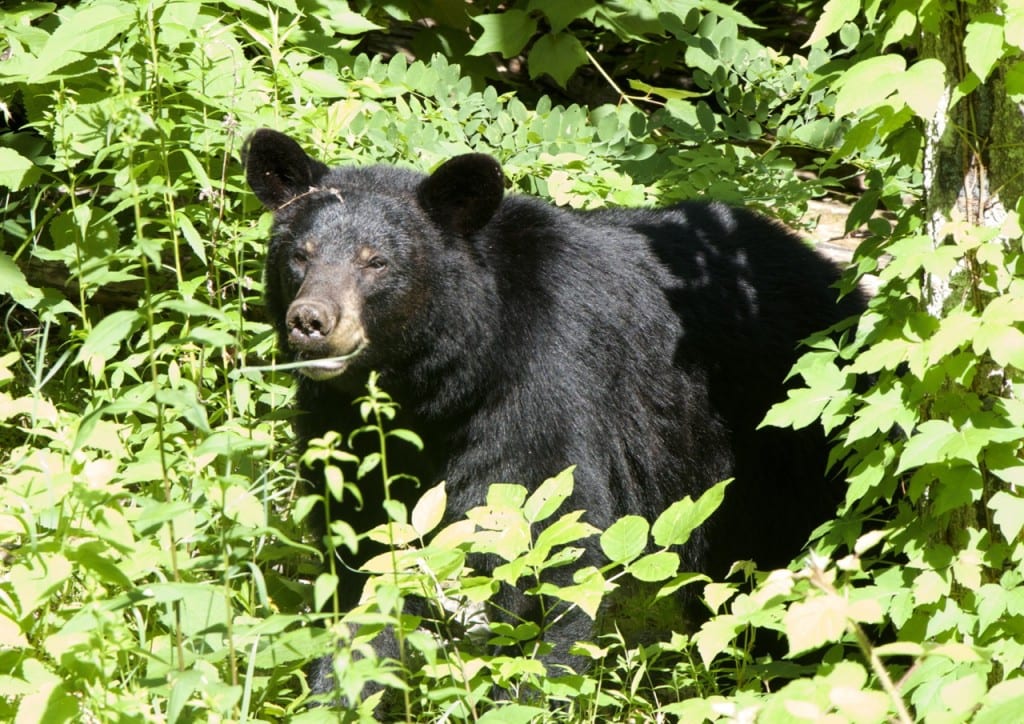
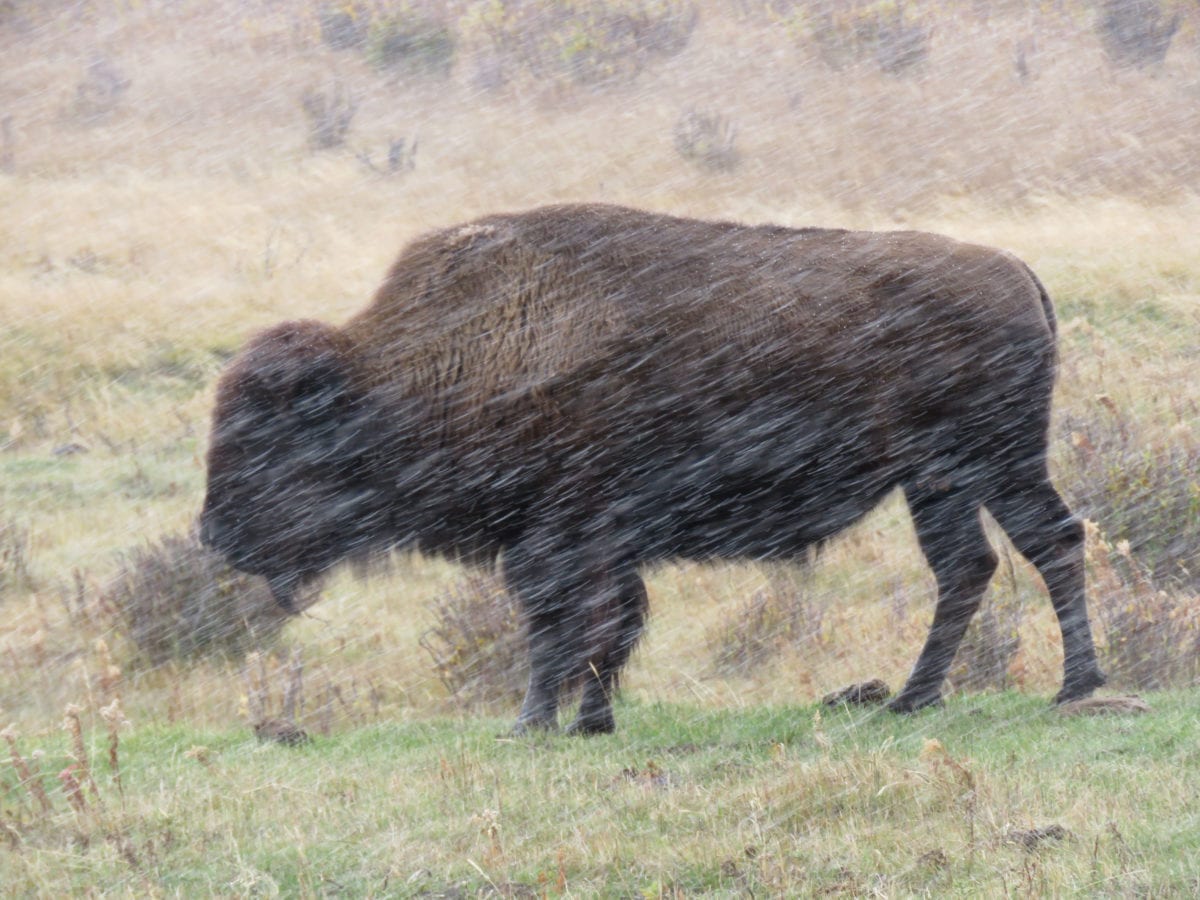
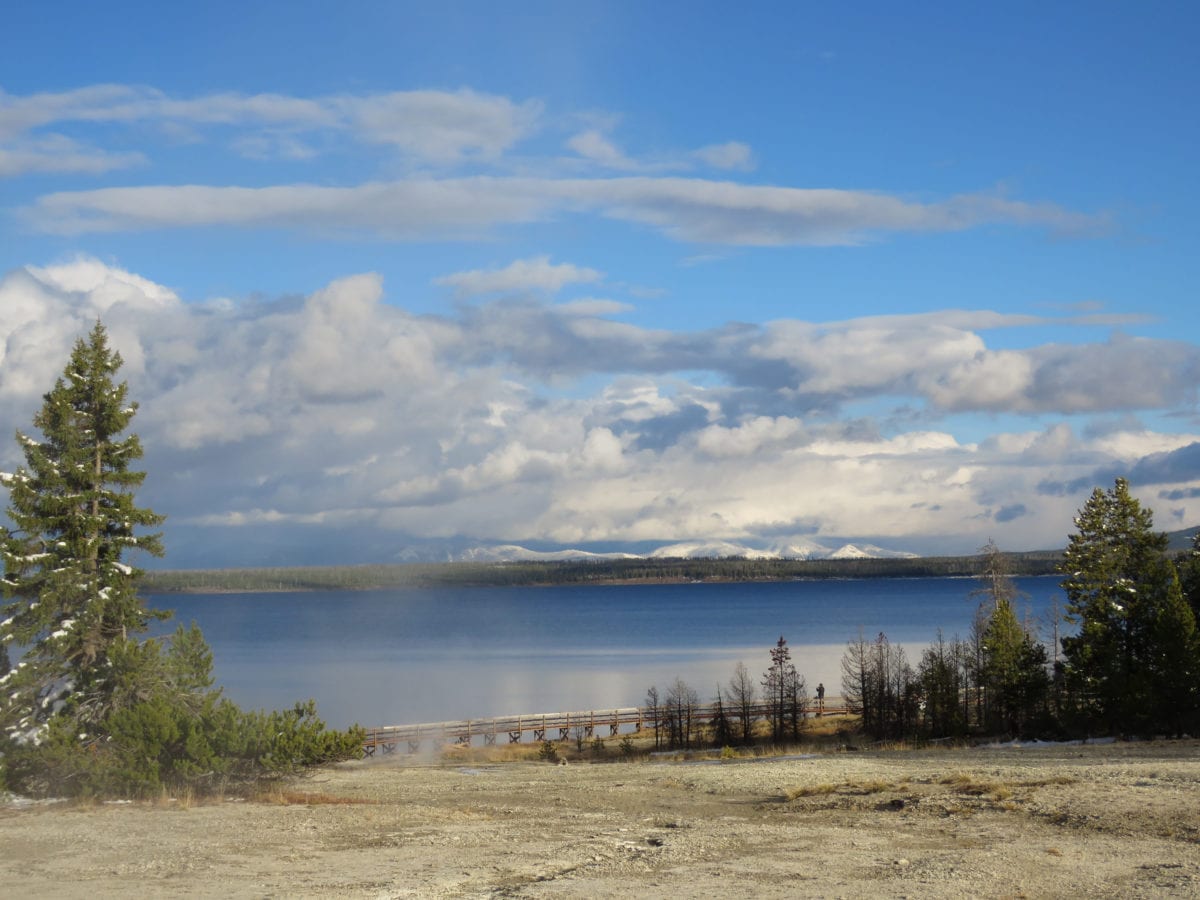
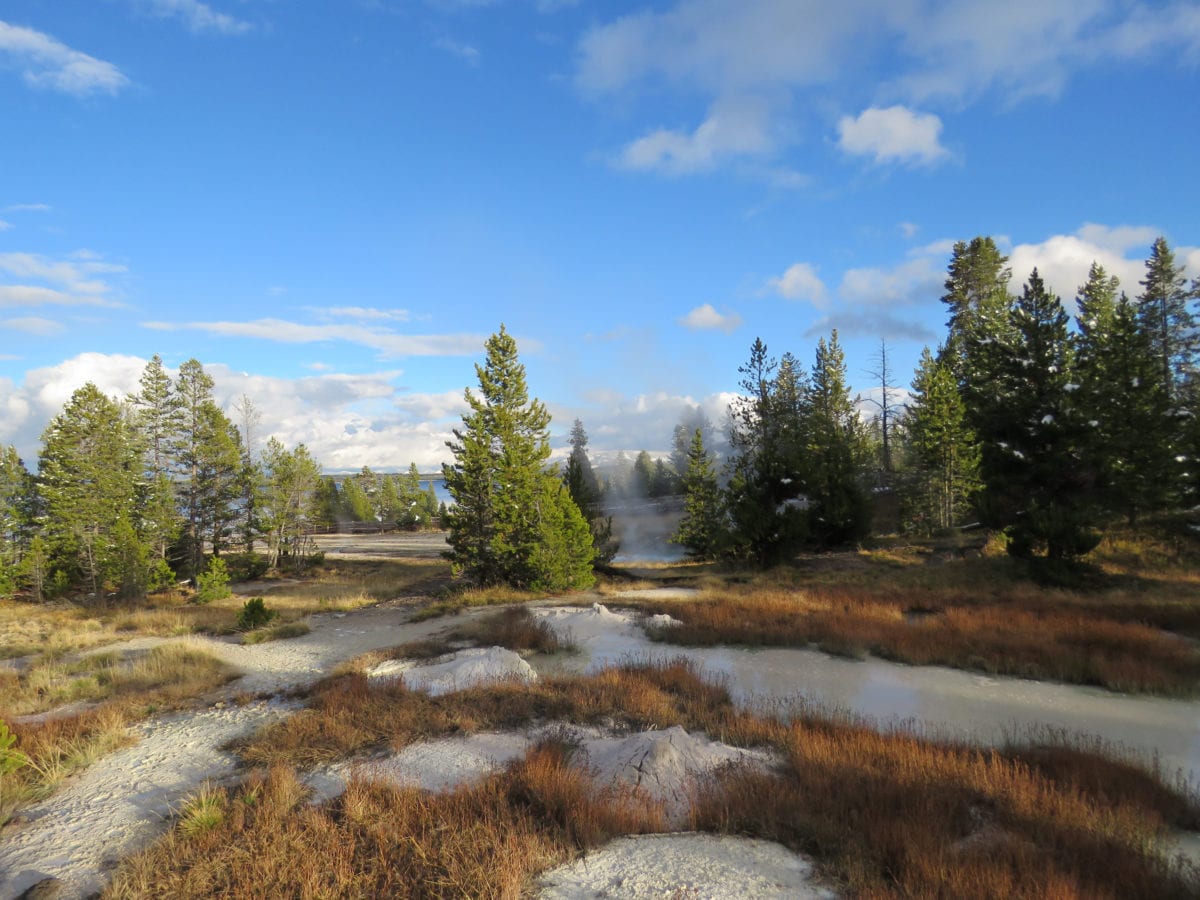
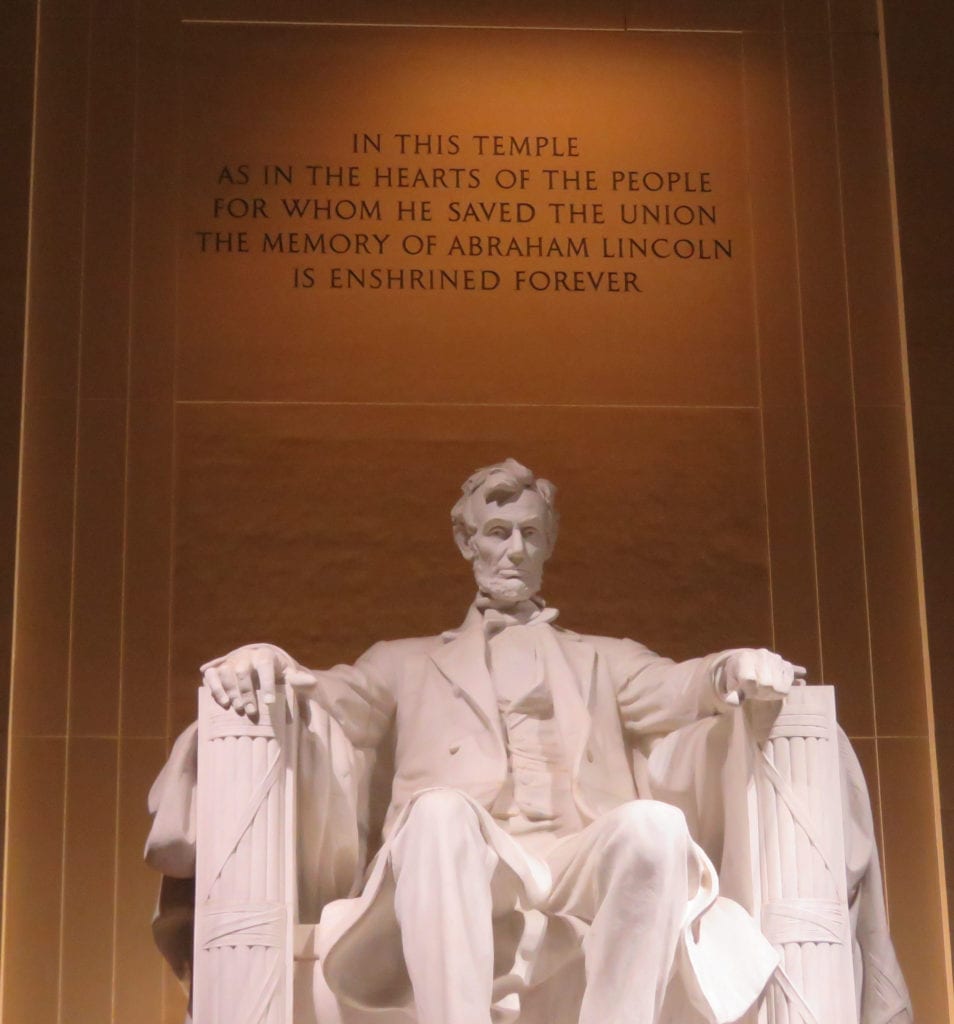



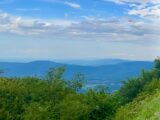
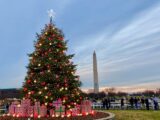
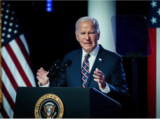
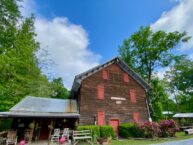





Reader Supported News - No Paywall, Google Ads, Popup Ads, Sponsored Content or A.I. - Support American Journalism with GoFundMe
Good work…good news….
Reader Supported News - No Paywall, Google Ads, Popup Ads, Sponsored Content or A.I. - Support American Journalism with GoFundMe
Very happy to hear this news